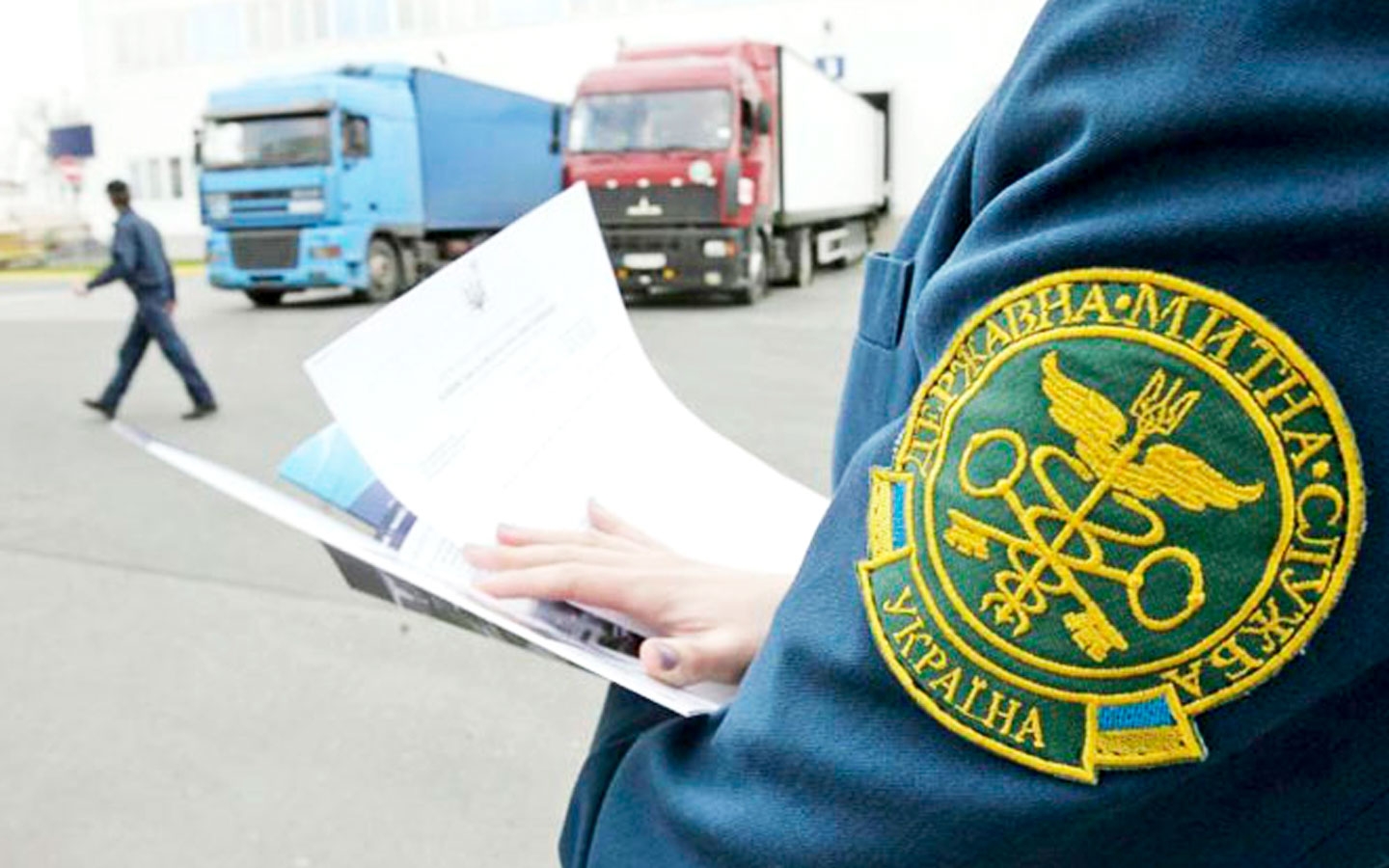I constantly strive to develop and acquire new knowledge, my experience and additional education confirm this.
\The principles of the legal order in Ukraine, which are set forth in Article 19 of the Constitution.
According to part 1 of this article, the legal order is based on the principles that no one can be forced to do what is not provided for by law. This means that everyone has the right to legality and protection from unlawful pressure or coercion.
Part 2 of Article 19 states that state authorities and local self-government bodies, as well as their officials, must act only on the basis, within the limits of authority and in the manner provided for by the Constitution and laws of Ukraine. This means that they must comply with the law and take only those measures that are provided for in the legislation.
Therefore, according to the specified principles, the actions of state authorities, including customs authorities, must be in accordance with the requirements of the Constitution and laws of Ukraine, and cannot exceed their powers. This is an important principle that ensures the protection of the rights and freedoms of citizens and the prevention of illegal actions by the authorities.
In Ukraine, every person has the right to appeal the actions, inaction or decisions of customs authorities, as well as the actions, decisions or inaction of other organizations and their officials, if they believe that such actions, decisions or inaction violate their will, rights or interests.
The appeal may be conducted through administrative, judicial or other appropriate procedures, depending on the nature of the specific situation and the procedure provided for by law.
It is important to keep in mind that for a successful appeal you need to have sufficient evidence and arguments that confirm the violation of your rights or interests.It is also recommended to use the services of a legal consultant or attorney for qualified assistance in this process.
The appeal may concern decisions, actions and inaction of customs authorities, organizations, their officials or employees. Let's consider each of these aspects:
1. Decisions: these can be acts adopted by customs bodies or organizations on matters stipulated by the law of Ukraine on customs affairs. Decisions may include the resolution of issues related to statements, complaints, petitions of legal entities or individuals, as well as responsibility for refusing to satisfy them.
2. Actions: these are the actions of officials or employees related to their performance of duties imposed on them by law. For example, it may be illegal conduct of customs inspection, illegal actions during customs declaration, etc.
3. Inactivity: this is the lack of performance by customs authorities, organizations, officials or employees of the duties assigned to them by law. For example, it may be failure to make decisions on issues within their authority or late resolution of issues.
All these aspects can be challenged through the relevant procedures provided by law.
Appealing the inaction of customs authorities can be carried out in several steps:
1. Appeal to the customs authority itself: Start with an official appeal to the customs authority, noting your claims and requests for a solution to the problem. You can request a written response to your appeal.
2.Filing a complaint to higher authorities: If the appeal to the customs authority did not lead to a solution to the problem, you can file a complaint to the higher authorities of the customs service. It can be the Main Directorate of the Federal Tax Service in your region or the central body of the customs service.
3. Appeal to the regulatory authorities: If you are not satisfied with the decision of the customs authorities, you can appeal to the regulatory authorities that supervise the activities of the customs.
4. Court way: If the problem is not solved due to administrative procedures, you can apply to the court.
Given the complex nature of the legal issues involved in challenging the actions of customs authorities, the consultation of a lawyer can be important for the effective protection of your rights and interests.
# appealing actions of government bodies # appealing decisions of actions of inaction of customs authorities # appealing actions of an antimonopoly authority # appealing against actions of inaction of customs authorities # appealing against actions of inaction of tax authorities # appealing the actions of executive authorities # Disqualification of actions of sovereign authorities #





























